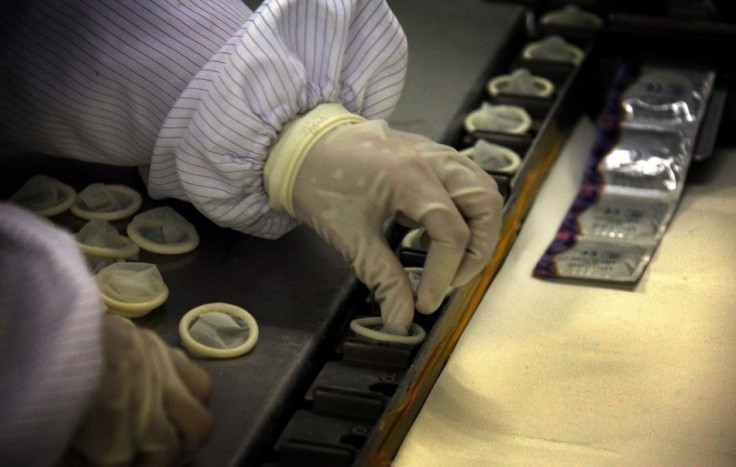New York student develops spray-on condom and remote-controlled bra

An attempt in 2006 to market a spray-on condom failed because of the time it took for the spray to dry was too long for a couple to wait before making love. A female student from the Pratt Institute in New York is giving the spray-on condom, GirlPlay, another try.
This time, the difference is that the latex condom named GirlPlay, after it is sprayed on an erect penis, would dry after two minutes. Michele Chu’s aim in developing the quick-drying contraceptive was to “change the whole experience of love-making,” reports The Telegraph.
But the British daily notes that Chu has not provided information on how the sprayed-on condom would be removed after use. She also has not given assurance of the 100 percent safety of her product. She says unlike condoms in the market that comes in standard sizes, her invention is a perfect fit and functions similar to spray-on bandages.
While the couple who would use Chu’s condom would still need to wait for two minutes for the latex to dry on, if the woman still has some undergarments on, and if she is wearing Chu’s smartbra, then removing it as soon as the condom dries is faster since the top garment could be unhooked using a remote control.
Chu’s condom is not yet in the market. She is developing it further and hopes that GirlPlay will be out in the market within the year.
The market is looking for condoms beyond what is available. In San Diego, California, Apex Medical Technologies got a $100,000 grant in 2013 for their “green” condom. The environment-friendly contraceptive used reconstituted bovine tendons from a Chinese supermarket as material.
The University of Woolongong in Australia got also a $100,000 award from the Bill & Melinda Gate Foundation to develop a condom that provides more sensation to the wearer. A YouTube video that the university posted on June 3 showed the researches are developing hydrogel that would be an alternative to using latex. The material is “made to act and feel more like real skin,” according to Dr Robert Gorkin, biomedical engineer of the university, reports Huffington Post.
Contact the writer at Feedback@ibtimes.com.au





















